Could innovation be a tool to protect traditional knowledge?
Developed from experience gained over generations and extremely well-adapted to the local culture and environment, food-related traditional knowledge tends to be collectively owned and mainly relies on oral channel transmission. In our fast-moving and globally-connected present, traditional knowledge may seem an old-fashioned set of practices and ideas, relegated to the local folklore and preserved almost exclusively by elders.
While, again in our intercultural present, we count with tons of traditional knowledge throughout the world oriented to produce, conserve and transform food from the optimization of scarce resources, care for the environment and human health. Most of this knowledge has been discarded from the formal education of our young people and forgotten within a productive system oriented to the production of maximum economic profitability for a few. We believe that this is a collective loss of heritage and a resource of great importance in ecological transitions and the construction both of environmentally responsible futures and local development.

Furthermore, in our intercultural villages and towns throughout Europe, people from different origins and cultural backgrounds cohabit and share few common spaces to put in common their differences and resemblances. To enrich ourselves collectively, we believe that food & food events have historically been tools for sharing, learning, educating and enjoying.
We refer to innovation as the dimension to be explored for the inclusion of this traditional knowledge, the synergies and gaps with respect to the educational curriculum and the nurturing of innovation in other sectors from the recognition and enhancement of our food cultural heritage.
Therefore, we hope that the pedagogical innovations and materials produced by this project will contribute to the recovery and dissemination of traditional knowledge and its importance in agrifood and territorial transitions throughout Europe.

